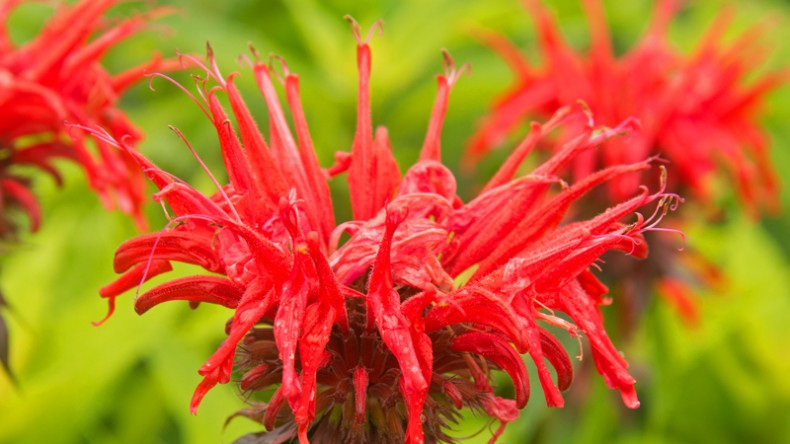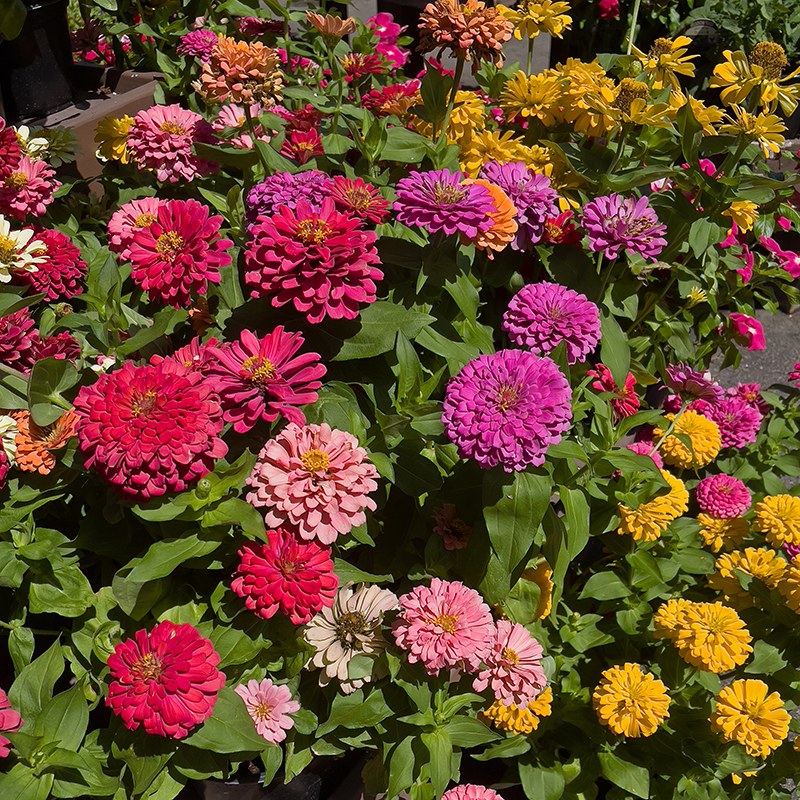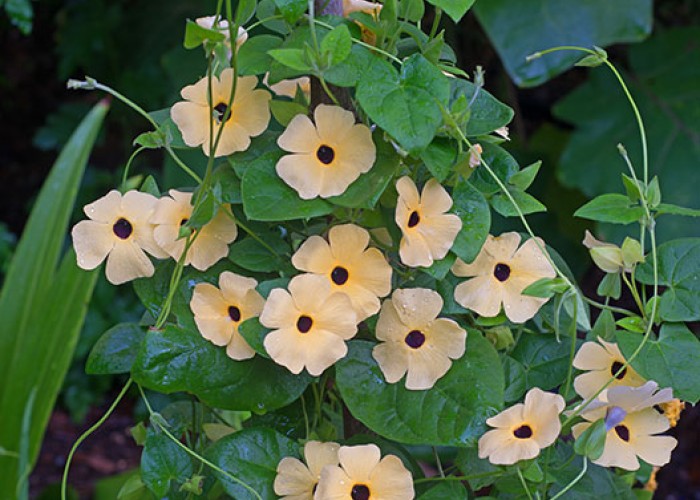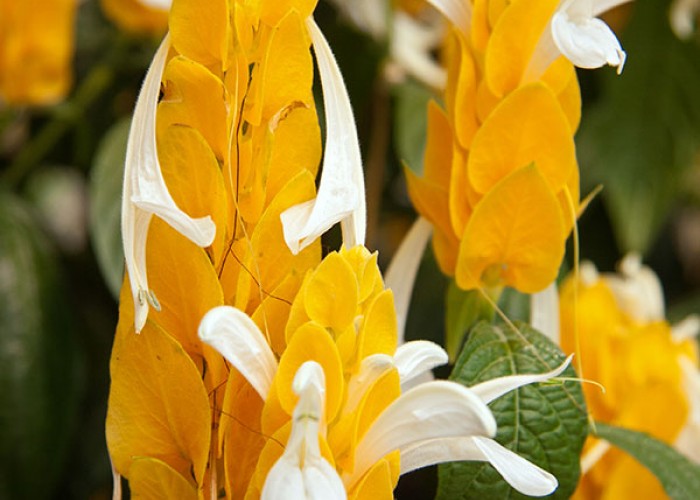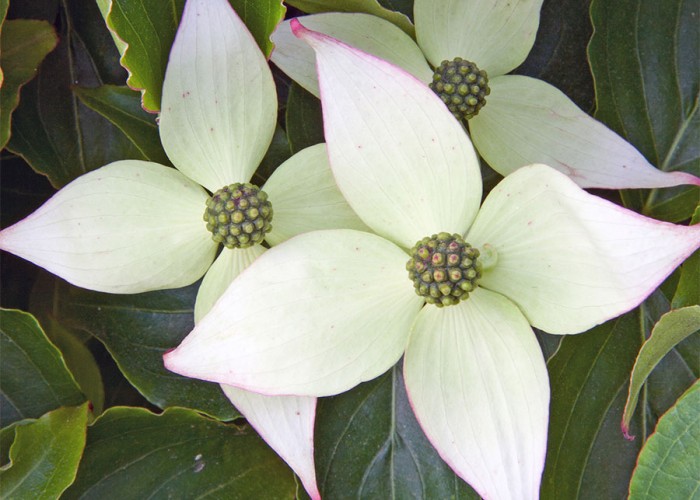Bug Off with Mosquito-Repelling Plants
Plus Garden To-Do’s for May
By L.A. JacksonColorful beebalm is a native perennial that can help keep mosquitoes away.
Whether enjoying the pleasant outdoors lounging on your deck or patio, or working in the garden, you know mosquitoes will do their best to spoil the experience during warmer months. Slathering yourself in insect repellant is an option, but so is the fun that can be had by growing mosquito-deterring plants. There are many such botanical helpers suited for the dual role of beautifying your landscape while getting mosquitoes to bug off.
Basil (Ocimum sp.). This popular herb, known for its flavor and fragrance, is high on mosquitoes’ hate list. A bed of basil can help keep skeeters away, but if you are on the move, rubbing bruised leaves on exposed skin is effective as well. Burning a few basil leaves in a fire pit also works (or even better, toss some in a grill where the smoke can season cooking food at the same time).
Ageratum (Ageratum houstonianum). This low-growing cutie, known for its continuous, summer-long show of beautiful bluish flowers (although pink, white and purple varieties can also be found), emits coumarin, a chemical substance often used in commercial mosquito repellents. Considered an annual, ageratum performs best in a sunny location. Its short stature and aversion to soggy soil also make ageratum a prime candidate for outdoor containers.
Lemon Grass (Cymbopogon citratus). The citrus smell of this grass is actually more effective at keeping mosquitoes away than the heavily touted citronella plant that has a similar fragrance. This culinary herb prefers full sun and well-draining soil. Lemon grass is a tender perennial, so either grow it as an annual or a potted plant that can be brought inside for the winter.
Catnip (Nepeta cataria). Yep, the fragrant plant that drives kitties crazy is also a good skeeter beater. A hardy perennial, it is a sun lover and easily grows in just about any soil that drains well. As a visual bonus, catnip is typically topped with pleasing purple or white blooms that can persist until the early fall if spent flower spikes are deadheaded.
Beebalm (Monarda sp.). This pretty native perennial attracts many plant pollinators to the garden, but mosquitos stay away from it because they can’t stand the smell. People find its citrusy, minty scent quite agreeable, however, and its visually pleasing flower clusters in the summer turn plenty of heads, too. Beebalm is happiest in a sunny site with evenly moist soil.
Garden To-Do’s for May
Although it might seem counterproductive, being cruel to certain ornamental annuals after they have settled into the garden is actually beneficial visually. Pinch back summertime bloomers such as cosmos, petunias, million bells, salvias, marigolds and zinnias after they reach about eight inches in length by using your fingers to squeeze off the tip of each limb. This will encourage branching, which will lead to more flower power. Doing this leaf nip to sun coleuses will also increase their show of fancy foliage.- Want bushier, more productive basil, oregano, thyme, sage and tarragon? Pinch back these helpful herbs using the same technique as above.
- The best nonchemical way to control weeds in the garden is to simply yank them up, especially before they begin to develop seeds. Right after a soaking spring rain is the prime time to pull weeds because the soften earth gives up unwanted plants easier.
- Beginning this month, flea beetles can appear and start chewing tiny holes in the leaves of such veggie favorites as tomatoes, peppers, potatoes and (especially) eggplants. Applications of insecticidal soap or pyrethrins directly on flea beetles will help control these minute menaces, as will covering the plants with a lightweight row cover fabric.
-
More May gardening tips
-
Share this story:

